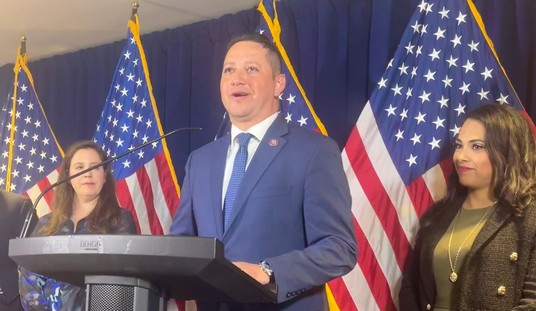"I believe the children are our future.” As cliché as this famous line that Whitney Houston once crooned may be, politicians across the country continue to use its sentiment on to grow government. Public education is one of the biggest drivers of tax hikes, justifying bad fiscal policy in the name of some vague notions about protecting America’s children.
At least two states in 2014 proposed tax hikes for more education money, despite the fact that revenues were already projected to increase. In May, Illinois Democrats pushed to add a 3 percent surcharge on income over $1 million to raise $1 billion, despite the fact that revenues for fiscal year 2014 was set to increase by $1 billion anyway, according to the National Association of State Budget Officers (NASBO).
Such school tax hikes are not exclusive to blue states, either, but are often proposed in red and purple states as well. Utah, for example, is considering an income tax hike of one percentage point to raise an estimated $584 million, despite the fact that education revenues are expected to increase by $94 million this year alone, according to NASBO. Colorado faced a similar proposal last year but was resoundingly defeated in the ballot box.
What’s worse is that education tax hikes, unlike others, come with hefty amounts of political grandstanding. Whereas tax hikes in general are often unpopular, public education is widely perceived as a vital government institution. Thus, increasing school revenues is often championed as a moral cause. In Illinois, for example, Democratic House Speaker Michael Madigan bragged that he’s “voted for every tax for education” during his 44 years as a state representative. In Utah, Republican Rep. Jack Raxler described his proposed tax hike as a “bold move for the future of our children and grandchildren.”
This political peer pressure to increase education revenues is not confined to tax hikes, either, but other bad policies like state lotteries. As John Oliver pointed out in a recent segment on Last Week Tonight, several states like New York, Oregon, and Tennessee advertise the fact that revenues raised through the lottery partially goes to education funding, aiming to make residents feel self-righteous in their gambling habit.
Recommended
Unfortunately, these moralistic pleas for more money have been historically proven to be ineffective in improving student achievement. As the Cato Institute’s Andrew J. Coulson explains, the total cost of a K-12 public education has tripled since 1970 adjusting for inflation, while test scores on the National Assessment of Educational Progress have flatlined. The sad truth is that the billions of dollars of investments the United States have made in public education have not reaped much returns.
While millions of American children rely on government to provide a quality education, their parents should raise a skeptical eyebrow to politicians seeking to raise their tax bill. America’s schools are already well-funded; they just need the proper incentives for success, not more money to throw at the problem.
























Join the conversation as a VIP Member